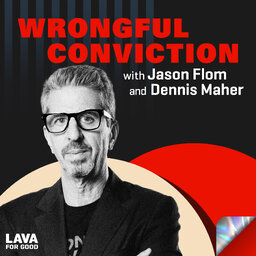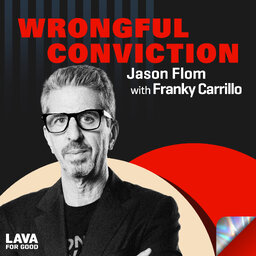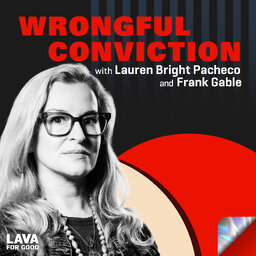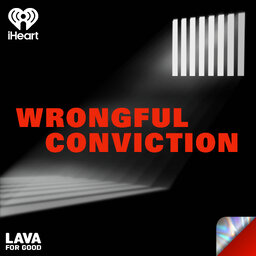#004 Jason Flom with Derrick Hamilton
Derrick Hamilton was wrongfully convicted of murder in 1991 and served over two decades in prison after he was framed by the disgraced Detective Louis Scarcella. During an initial stint in prison in his teens for a separate wrongful conviction, Derrick began studying in the prison’s law library, eventually earning a reputation as one of the most highly skilled jailhouse lawyers in the country. When he wasn’t fighting to prove his own innocence, Derrick worked pro bono on the cases of his fellow inmates, and he formed the Actual Innocence Team with other jailhouse lawyers serving time. He was released on parole in 2011 and finally cleared his name in 2014. Today, he continues to work as a paralegal on wrongful conviction cases.
https://www.wrongfulconvictionpodcast.com/with-jason-flom
Wrongful Conviction is a production of Lava for Good™ Podcasts in association with Signal Co. No1.
We have worked hard to ensure that all facts reported in this show are accurate. The views and opinions expressed by the individuals featured in this show are their own and do not necessarily reflect those of Lava for Good.
In 1 playlist(s)
Wrongful Conviction
Hosted by celebrated criminal justice reform advocate and founding board member of the Innocence Pro…Social links
Follow podcast
Recent clips

#557 Jason Flom with Dennis Maher
55:18

#556 Jason Flom with Franky Carrillo
42:18

#555 Lauren Bright Pacheco with Frank Gable
41:45
 Wrongful Conviction
Wrongful Conviction